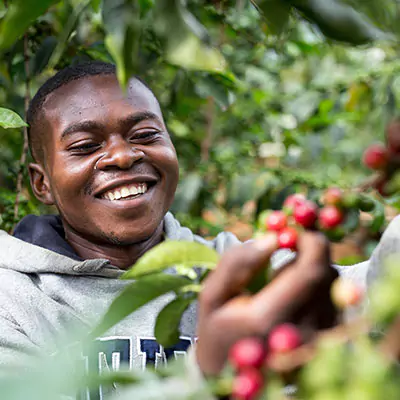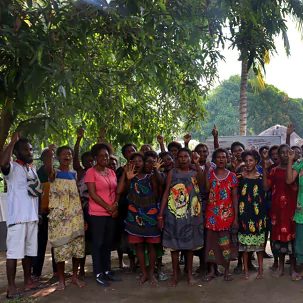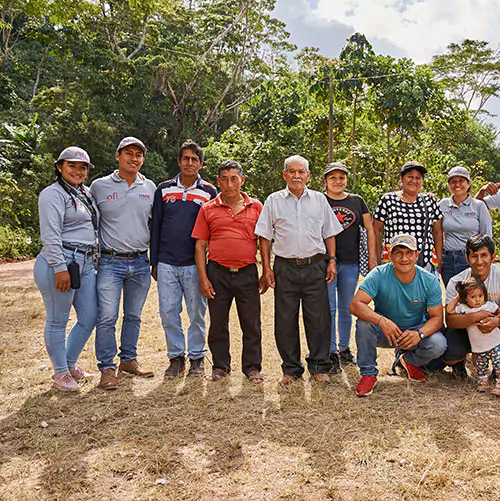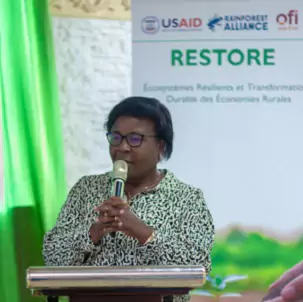Safeguarding coffee and cocoa from the climate crisis
Imagine waking up to a world without your morning cup of coffee or being able to enjoy your favorite chocolate. Unthinkable, right? But climate change threatens the livelihoods of millions of small-scale farmers who grow these everyday ingredients.
That's where HEARTH (Health, Ecosystems, and Agriculture for Resilient, Thriving Societies) comes in. It is a collaborative public-private partnership approach to sustainable development in biodiverse landscapes initiated by the United States Agency for International Development (USAID).
Together, USAID, olam food ingredients (ofi), and partners have invested approximately $50 million across six cocoa and coffee projects worldwide, including four HEARTH partnerships. We aim to equip farmers with the right tools and training to transition to more environmentally friendly techniques without sacrificing their livelihoods. There are three key ingredients at the core of HEARTH’s approach to climate action:




